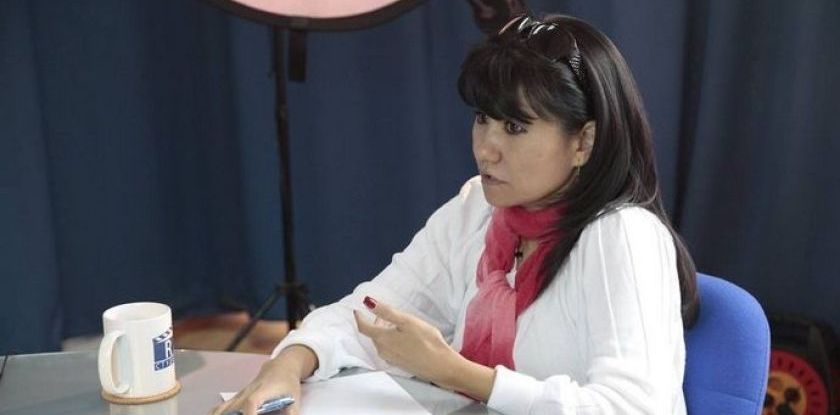There is no need to expect any radical changes pointing in the direction of creating a parliamentary system, as a result of Akorda’s new initiative, says Kazakhstani political expert Tolgonai Umbetalieva. The idea of redistributing powers between the branches of power more closely resembles a transfer of responsibilities in a given area, she claims.
“Judging from the amendments, proposed to be added to the constitution, they seem like half-measures, as they are not going to change the foundations of political system – says the director of the Central Asian fund for the development of democracy. President remains the key political figure, and there will be no transition into a parliamentary system of government. All we see the fact that there is a transfer of responsibilities for the socio-economic bloc to the government and the parliament, but at the same time, the president doesn’t completely distance himself from that area. He still retains the mechanisms for participations in government’s work.
In Tolgonai Umbetalieva’s opinion, it is hard to examine the positives and negatives of this initiative because not much has changed at all.
“For example, head of the state can listen to reports of the government, with the approval of a third of the parliament. Given that the parliament is dominated by Nur Otan party, whose chairman is Nursultan Nazarbaev, this requirement wouldn’t be hard to fulfill. In his first special address, president assumed that the possibility of dominating party deciding the makeup of the governemnt might be reviewed, even though this proposition is absent in the published amendments.”
Umbetalieva payed special attention to one of the constitutional amendments, that contain norms not related to the proposed reformation. We are talking about giving “everyone” the right to have in their private ownership any legally obtained property while restricting passing of any laws that limit or deprive one of ownership rights to such property.
“An emphasis on this point is likely related to the land reforms that were passed last year. Ownership rights have become an apple of discord back then. Including this norm in constitution definitely will help solve issues with land. As we know, there is currently a five year freeze on that issue, and if the reform will be added to the constitution, then the private property rights can be applied to the new land code. The only issue is that there may be an adjustment on whether this right applies only to Kazakhstani citizens or to the non-residents as well.
The political expert is convinced that these changes may result in a new redistribution of property. She doesn’t exclude the possibility that these norms could be used for the sale of large industrial assets into private hands.
“It is not a coincidence that they are revising the tax code. Of course it is to early to say for sure, but we can assume that this is a possibility for a new wave of privatisation, as result of which many objects will be sold into private ownership, and it will be very hard to reexamine such policies. It looks like we are in for a new redistribution of property. It’s not surprising that Nazarbaev mentioned a new stage of modernization.”
Concluding the abovementioned, Tolgonai Umbetalieva stated that she agrees with the opinion of her colleagues who argue that redistribution of powers is nothing more than a decoration set.
“It is hard to call this a modernization, as it is not clear, what exactly is going to be modernized. We only see that some changes are being added, but there are no signs of anything modernizing.”
…As our readers might remember, on January 25th of this year, president Nazarbaev came out with a special address to Kazakhstani people, in which he announced the necessity of including amendments into the constitution of the country, as a result of redistribution of power between the three branches of the government – the president, the government and parliament. Political analysts had different takes on this proposed reform (see “Doesn’t smell like revolution”). For the opinion of a famous Kazakh lawyer and civil rights defender Evgeniy Jovtis read (“You cannot divide power by three”)




